Turn To These Essential Oils For Your Dandruff Problems!
A few tiny flakes on your hair and shoulders, and you can watch your self-confidence wither away. The healing properties of essential oils may get rid of your persistent dandruff.
On Apr 4, 2023 – 13 minutes read
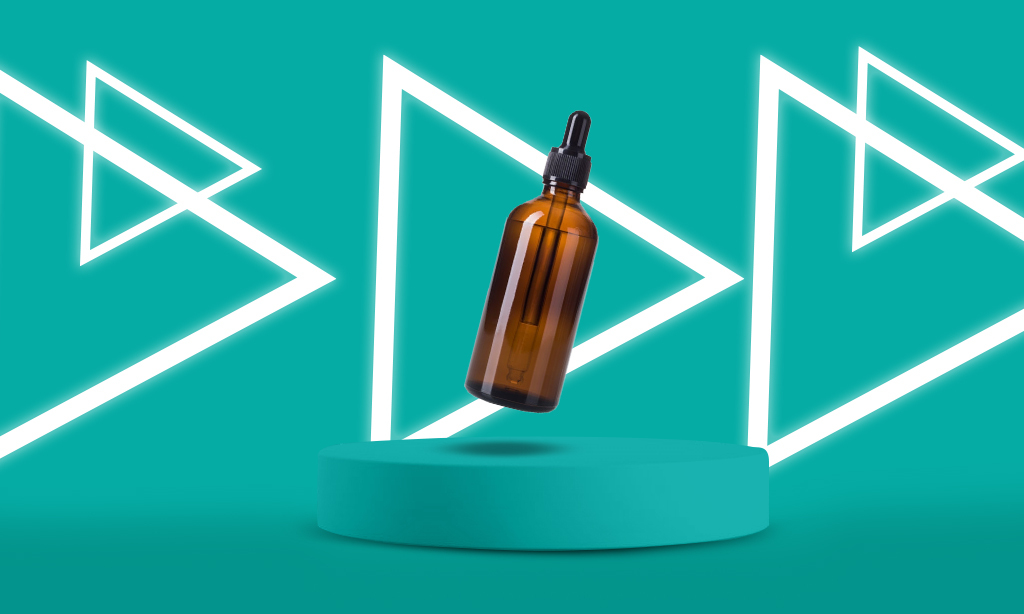
Isn’t having a head full of white flakes entangled in your hair strands embarrassing? Chronic itching and tiny white flakes, what we call dandruff, on your locks, scalp, even on pillowcases, and clothes in dark shades is persistently annoying. However, it is not an issue you should bite your nails over either. As an all-natural remedy, how good are essential oils for your dandruff?
Is there really a quick fix for dandruff? Well, do you add oils to your hair care routine? Using essential oils for dandruff and itchy scalp has been an ancient albeit not so popular solution for years. Now it has become a hot trend. That says something about the effectiveness. You could try them and see the difference for yourself.
Essential Oils To Quick Fix Your Dandruff Problems!
Dandruff is annoying and embarrassing, but it is not a severe concern nor is it entirely about lack of hygiene. That does not necessarily mean you can easily snap your fingers and wave goodbye.
The way to treat a condition that leans closer to being an annoyance than a physical ailment is also by regular, patient, and slow care for it to never return. That might not sound very encouraging, but it is not easy to prescribe a single treatment for an instant but permanent relief from the condition as such.
Dandruff is difficult to treat. Although the telltale signs of dandruff are obvious and you can spot them quickly, everything else about this common condition is vague. Even the cause of the condition is not precisely known though the condition itself is very common.
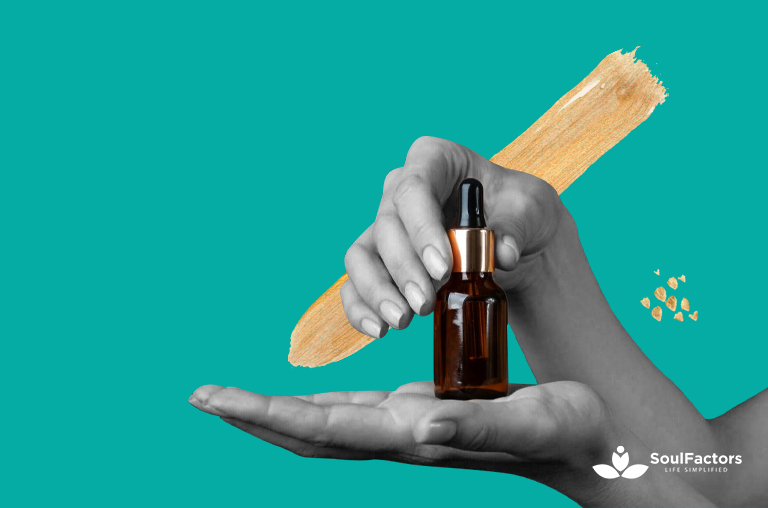
There are several traditional treatments from anti-dandruff shampoos to lotions with certain healing ingredients. But for some, even after using such products that typically help others, the white flakes remain on the head. That calls for medical attention.
But if you want to take a more natural route, you can try naturally derived essential oils for your dandruff, dry, and itchy scalp. No one claims that it is a quick fix or an easy treatment than traditional treatments.
Nonetheless, not only is it natural and different altogether but also effective considering the healing power each of the essential oil has. But before getting into that, let’s talk about the possible misnomers of dandruff.
How Do You Know It Is Dandruff?
Being familiar with the root cause and verifying the condition is always the first step for treating any condition. Especially while treating dandruff. Because there is a possibility that you could be wrong about this particular scalp condition.
Looking at the safer side of the spectrum, you could be experiencing a milder reaction that usually occurs during seasonal changes (which is sadly completely inevitable). Or maybe you are exposed to excess heat styling (thanks to the heat styling products you use).
Some hair care or styling products can leave a dry, flaky residue behind or trigger a skin reaction that resembles dandruff.
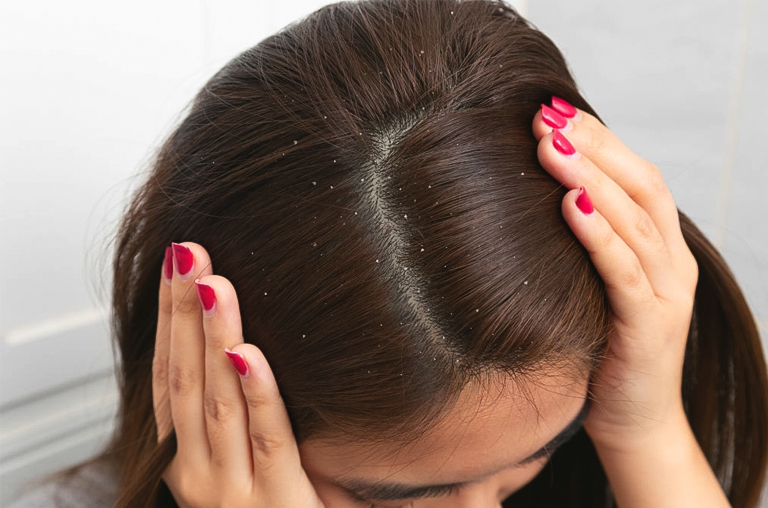
You can see the drastic changes with the seasons —especially cold weather, or due to environmental factors. Because the condition of the scalp changes over time.
So, this mild reaction cannot be called dandruff or be taken with such somberness. You can simply dial down the heat, switch to products with hydrating formulas, or treat them with a gentle daily shampoo. On the other hand, looking at the grave edge of the spectrum, you could be experiencing extreme symptoms of seborrheic dermatitis.
It is an inflammatory skin condition associated with flaking, redness, rarely soreness, and skin irritation. Some classify dandruff as the mild version of seborrheic dermatitis.
If it is mild flakiness, dryness, and minor shedding, you may not be dealing with dandruff at all. You can identify the much more serious effect of actual dandruff by skin cells shedding in medium to large oily clumps.
But if what you are experiencing comes with redness, pain, sores, or excessive itching, book an appointment with your dermatologist. Unlike dandruff, you cannot treat seborrheic dermatitis at home with OTC remedies. Once you rule that out, you can try these essential oils for your dandruff.
What Should You Know About Dandruff?
We may not explicitly know everything about dandruff to know what to place the blame on. But what we do know is that it has nothing to do with hygiene. If you already have dandruff, not washing your hair enough may make the situation worse but it is not a cause of dandruff. It may come as a surprise since many of us have been blamed for not showering enough, not shampooing enough, or over washing the hair for the tiny flakes not leaving the head.
But as it turns out, our skin follows its unique cycle of cell shedding. It gradually sloughs away excess cells from the body. Experts believe that dandruff happens when an individual experience increased turnover of cells —which happens haphazardly, causing excessive buildup and shedding.
It is unlikely to happen all the time but an imbalance of skin microbes is not —as explained by the hypothesis.
Science Behind Dandruff!
Before we learn what essential oils for your dandruff promises to do, let’s look at what dandruff really is. We have been often told that dandruff stems from a dry scalp. As opposed to common belief, dandruff is driven by an overgrowth of harmless microorganisms that live on the surface of the scalp. When those microbes like fungi, yeasts, and bacteria consume the natural oils on your skin, they will produce byproducts.
Your body reacts to these byproducts that cause shedding and maybe inflammation. In more cases, when there is an excess of dead skin cells on the scalp or oil (produced by hair follicles and oil glands), a yeast called Malassezia(1) feeds off them, causing the skin cells to shed more frequently and clump into flakes. Anyhow, dandruff is typically accompanied by mild itching that sometimes has the chance to aggravate the condition.
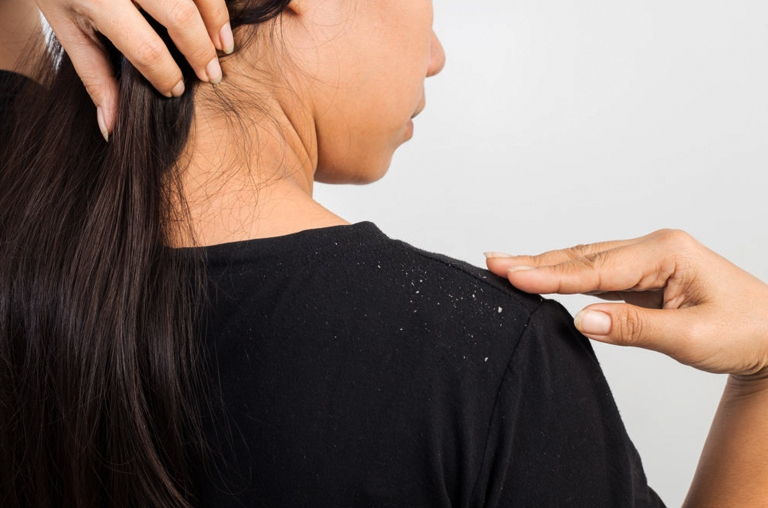
Other known causes that trigger and contribute greatly to the condition are dry skin, possible sensitivity to hair products, lack of hygiene, irritated oily skin, allergies, weather, hormonal changes, diet and stress, and other skin conditions such as eczema and psoriasis. People with serious medical issues like Parkinson’s disease or epilepsy are more prone to developing dandruff. You could throw even genetics into the mixture. In some rare cases, you may experience the tiny flakes on your eyebrows as well. Don’t be alarmed.
How Effective Are Essential Oils For Your Dandruff?
Dandruff can be difficult to treat, but not impossible. Normally, when you start to spot specks of white flakes in your hair, you swing by the nearest drugstore and pick up an anti-dandruff shampoo. But not everyone is fond of shampoos —even with active ingredients like selenium disulfide, zinc pyrithione, salicylic acid, ketoconazole, or they may want to opt for gentler options. In that case, one way to address your dandruff is through a natural route by incorporating essential oils into your existing hair care routine.
People have used oils for both cosmetic and medical purposes for centuries. Various shampoos, serums, and hair care products use these oils to deeply condition your hair. After all, essential oils come along with a long list of ailments that they treat, which unsurprisingly includes dandruff as well.
If you are big on treating with shampoos, you can switch your regular shampoo with formulas that use an essential oil base. They target and regulate scalp buildup and shedding in addition to encouraging overall hair health. For instance, Philip B Anti-Flake Relief Shampoo features a base of tea tree oil, sage, and aloe vera —(a powerful mixture indeed) in place of conventional coal tar that is known to be irritating.
Besides treating your senses and body with aromatherapy, your favorite essential oils can help you with your constant struggle with dandruff. The majority of the oils have great anti-inflammatory, antimicrobial, antiseptic, and antifungal properties. The best part is that they are much more gentle with a mild effect and can be used long term. But they take slightly longer to work than traditional treatments you are used to. Like I said, caring patiently but regularly can have effective results.
Essential Oils And How To Reap Their Benefits
It takes 220 pounds of lavender flowers to make one pound of lavender oil —hence proving how highly concentrated are essential oils. But ironically, since they are potent and highly concentrated, they can be irritating to the skin —if applied directly, even as little as a few drops. And you need carrier oils to “carry” them to your skin. Both carrier oils and essential oils are made from plants. But essential oils are extracted or pressed from the leaves, bark, roots, and other aromatic parts of a plant and carry the signature scent of the plant they come from. Their heavy aroma makes aromatherapy possible.
Unlike essential oils, carrier oils are lightly sweet and nutty scented, or mostly unscented and can be topically used alone or with other oils to moisturize the skin. But they do not evaporate nor do they impart their aroma heavily into the body.
Four Ways To Use Essential Oils For Your Dandruff
- Choose a shampoo with an essential oil base
- Make a hair mask with an essential oil —mix a few essential oils and dilute with any carrier oil, apply it on your hair and scalp, and cover with a shower cap or towel. Either leave it on for 30 minutes and wash it with shampoo or leave it overnight (for severe conditions) and shampoo the next day. Never use more than the recommended amount.
- Add a few drops of essential oil (two or more types) to your current shampoo or conditioner
- Make your shampoo with any essential oil
Although thinner in viscosity, you only need one or two drops of essential oils to mix because of their potency. To make sure you don’t have a bad reaction if applied to the skin, apply a small amount of oil to your skin as a patch test first. Cover the oil applied to the inside of your wrist with a bandage and check after 24 hours. The percentage of dilution varies according to the age of the user. For an adult, follow these dilution guidelines when diluting essential oils with a carrier oil:
- 2.5% dilution — 15 drops of essential oil per 6 teaspoons of carrier oil
- 3% dilution — 20 drops of essential oil per 6 teaspoons of carrier oil
- 5% dilution — 30 drops of essential oil per 6 teaspoons of carrier oil
- 10% dilution — 60 drops of essential oil per 6 teaspoons of carrier oil
Best Essential Oils For Your Dandruff
These sweet holiday treats are incredibly powerful with chemical properties that can improve the overall health of hair. Some studies(2) show that the plethora of benefits essential oils offer includes helping with dandruff. So, get your choice of oil and start working on your head! The following are your best choices:
Peppermint
A powerhouse essential oil that treats(3) many conditions of scalp and hair alone. Although not strongly effective in being antifungal, peppermint essential oil tends to be clarifying that nix excess oil, which helps with dandruff in the end. It also has anti-inflammatory and antiseptic properties.
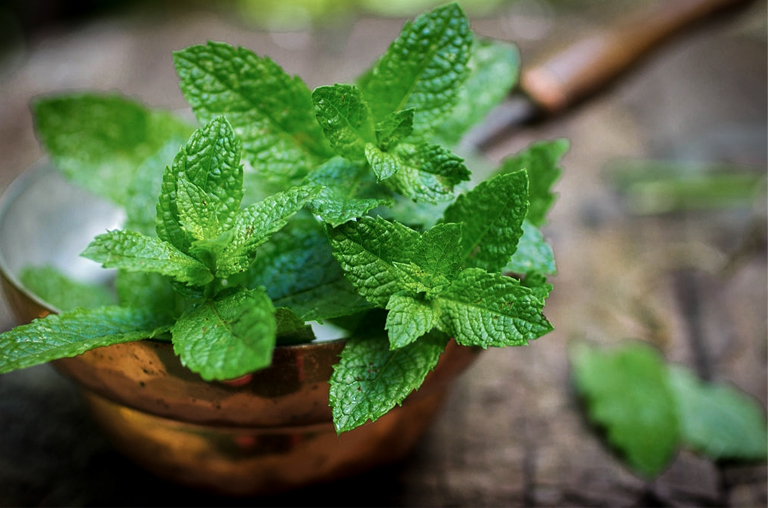
When applied, it can cause a cold and tingling feeling —meaning, it increases circulation in that area, in turn, promotes hair growth. Keep in mind that it is best to use it in moderation.
Essential Oils For Your Dandruff: TEA TREE
Another remarkable essential oil is tea tree oil that offers cleansing, antibacterial and antifungal properties. It can both nix and fight off bacterial and yeast formation on the scalp. Commonly used in anti-dandruff shampoos, this oil is a disinfectant and antiseptic that can reduce yeast overgrowth on the scalp, reduce itchiness, control dandruff, and soothe the scalp.
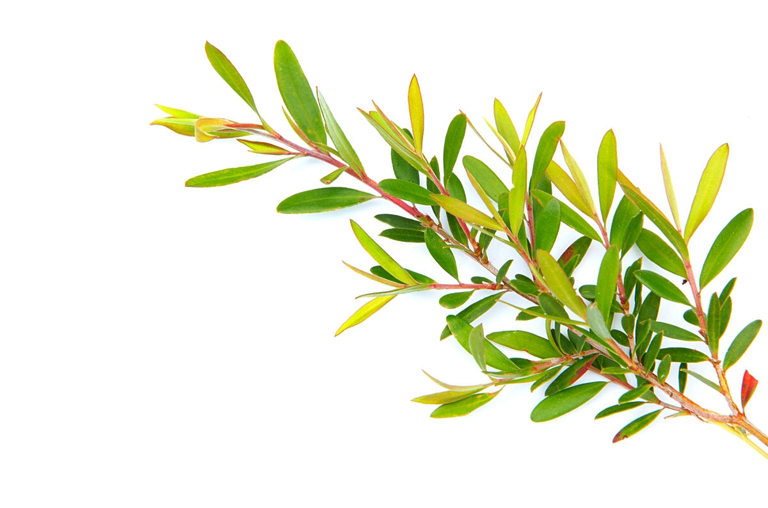
Unlike other oils, it is light on the scalp and you can leave it overnight to fight dandruff. Though you can apply it directly to the scalp (except on sensitive scalp), it is advisable to apply it in combination with other oils to lower its concentration.
Rosemary
With less scalp itching as a side effect, this essential oil eliminates just about every scalp and hair ailments. Rosemary oil has decongesting, astringent, antifungal properties to reduce excess oil, buildups, and flakes that makeup dandruff. By addressing overactive fungal activity, it controls dandruff.
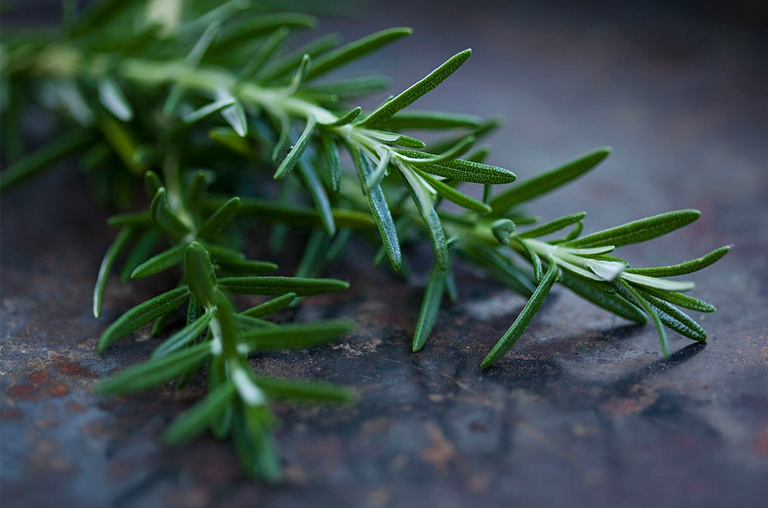
As an anti-inflammatory agent with antimicrobial and antiseptic qualities, rosemary oil is ideal for getting rid of dandruff, dermatitis, and eczema. You can choose the gentler and softer version named rosemary verbenone as well.
Essential Oils For Your Dandruff: LAVENDER
You can improve your scalp health to a great extent with this popularly versatile essential oil. Lavender oil is one of the best essential oils for itchy and dry scalp. Lavender oil soothes the redness as well as the itchiness on the scalp (even the sensitive scalp on younger kids).

It does not have dandruff fighting properties per se. But with antifungal, antiviral, antimicrobial, and antibacterial properties, it is mostly used for relaxing effects on the body. Which in turn can help in fighting dandruff.
Clary Sage
A best suited essential oil for all hair types. But clary sage oil is extremely effective on oily and frizzy hair because it regulates oil production and controls dandruff by restraining sebum in the oily scalp. It is advised for pregnant women and children to consult a dermatologist before applying this oil on the skin.
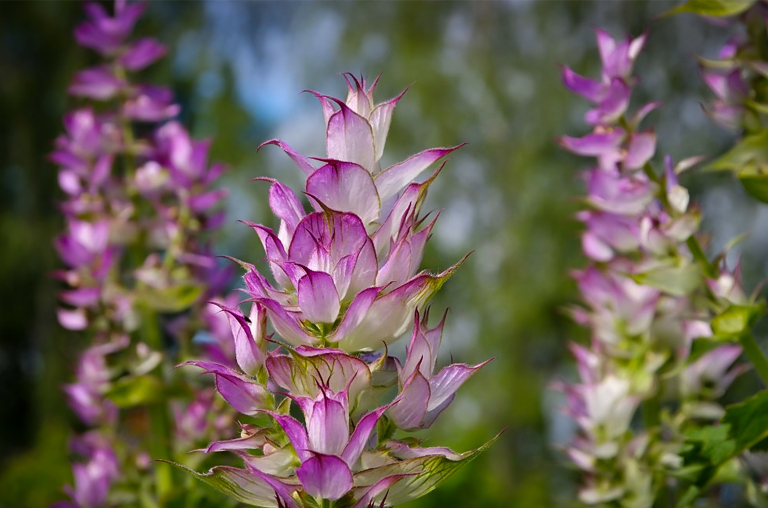
Essential Oils for your Dandruff: ATLAS CEDARWOOD
Stress aggravates dandruff. By using Atlas cedarwood, you can be emotionally relaxed. But it is also a powerful antifungal and astringent that helps oily skin. Additionally, it helps dandruff, seborrhea of the scalp, hair loss, and moist eczema.
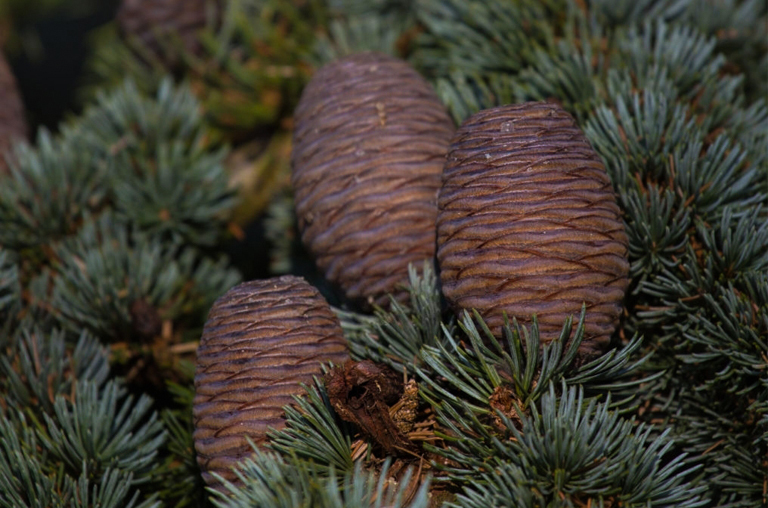
Virginia Cedarwood
Coming from the juniper genus, this essential oil became popular because of its fresh scent. Virginia cedarwood with its sedating properties can subdue inflammation from scratching. That can help with preventing dandruff from worsening.
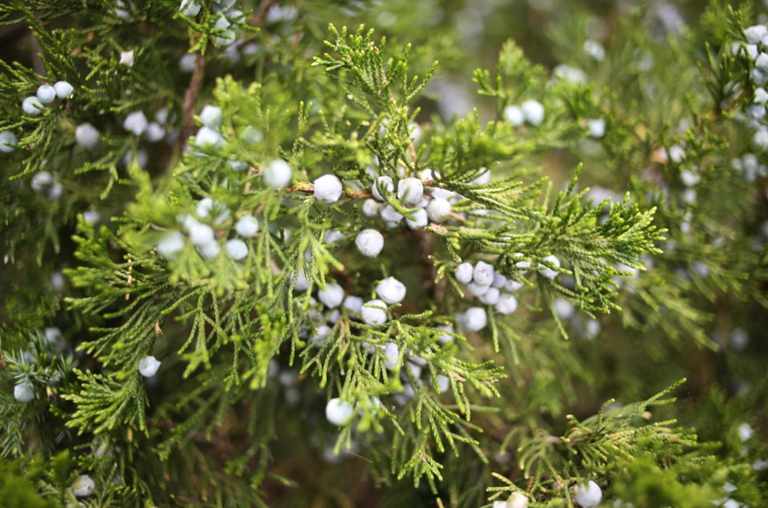
Essential Oils For Your Dandruff: PALMAROSA
Palmarosa is a grass native to Southeast Asia. It is known for it highly sweet and floral aroma similar to roses. Palmarosa has a healing affinity and is antibacterial, antifungal, and effective with a high content of geraniol. Surprisingly, it blends with other essential oils like lavender oil.
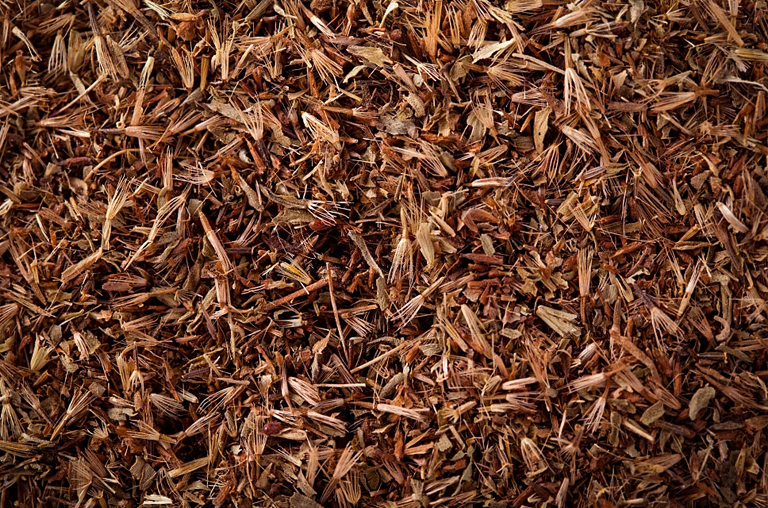
Patchouli
It acts as a potent antidepressant, anti-inflammatory, and antifungal. This is a better alternative for treating scalp conditions like dandruff and can blend seamlessly with other essential oils.
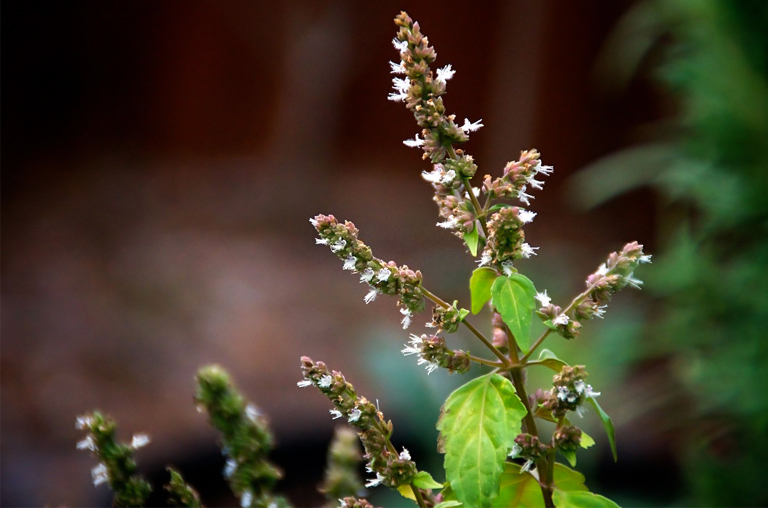
Essential Oils For Your Dandruff: FRANKINCENSE
To heal the root cause of dandruff, use frankincense oil post hair wash. Since it is rich in esters, it can help with dandruff, inflamed scalp conditions, soothe dry scalp, and regulate the scalp’s moisture, if applied regularly.
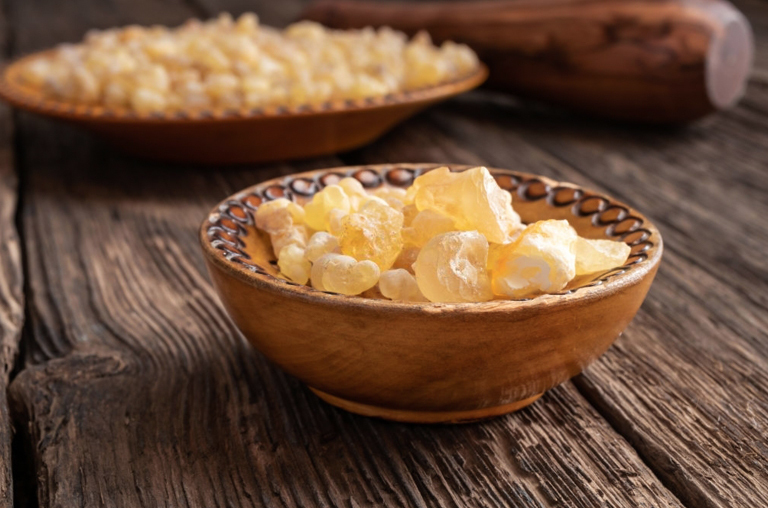
Lemongrass
We all need a healthy scalp. But more often, dandruff stays in the way. Lemongrass oil is popularly known as one of the best essential oils for dandruff, flaky, and itchy scalp. With just a week of daily usage, this essential oil has significantly reduced dandruff, according to a 2015 study(4). So, mix a few drops of it into your daily shampoo or conditioner and get relief from those itchy fakes!
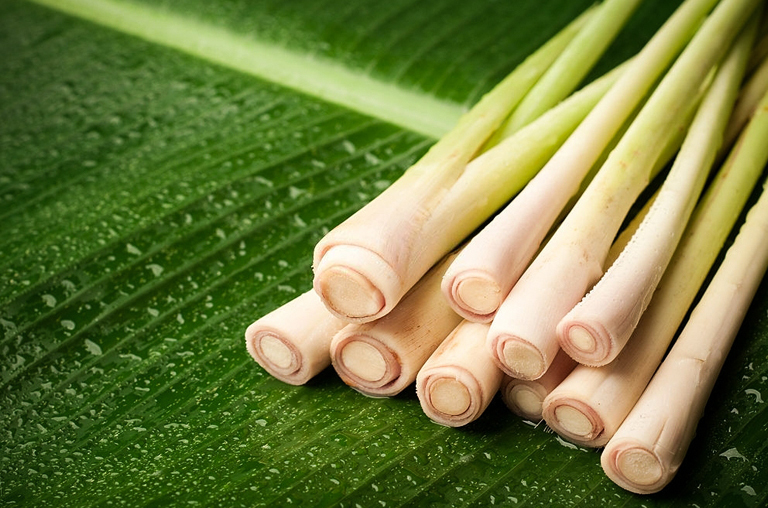
Other essential oils for your dandruff are thyme oil, basil oil, geranium, and some carrier oils alone —like coconut oil and olive oil (when massaged) can make a huge difference. Before you start using any oil, read the instructions on the bottle to check the vials of essential oils, mixing instructions, or any specific instructions regarding the ratio between the essential oil and carrier oil. Also, make sure you are not using fragrance oil!
Final Thoughts
Fungal or not, we can conclude that dandruff is multifactorial. One important factor that can easily aggravate dandruff is stress, which is something all of us are so familiar with. As surprising as that sounds, remember this when you are having a stressful day. And remember, generally speaking, it is always wise to consult with a dermatologist before bringing changes into your regimen. As the scalp is a sensitive area and skin conditions are a bit complex, consult to ensure the essential oil you are planning to use is the best one for your scalp. Go healthy, germ-free, and dandruff-free beyond this winter!

Subscribe to Newsletter
Elevate your routine, stay on trend, and embrace a personalized beauty journey with our curated insights.


Write a Comment